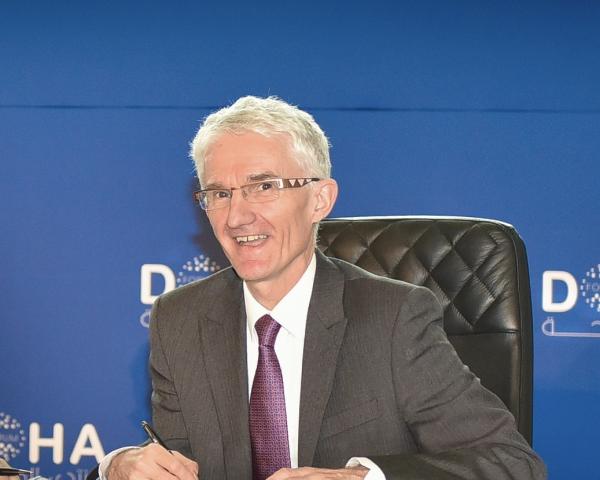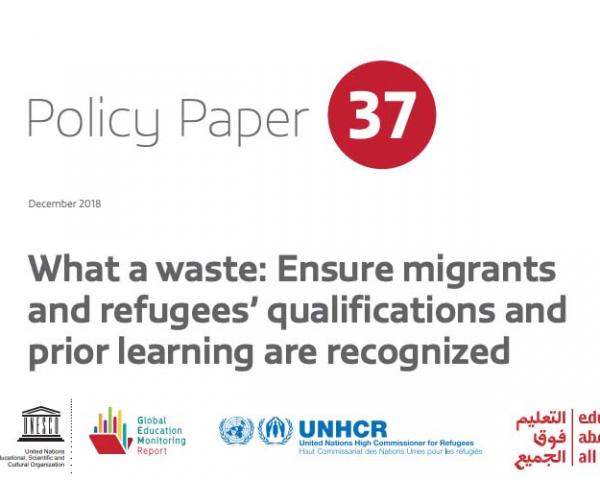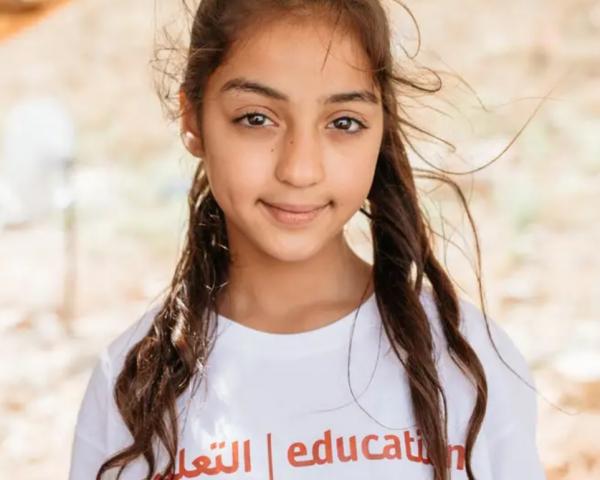EAA Extends Partnership with the IRC to Improve Education Access in Nigeria
Education Above All (EAA) Foundation’s Educate A Child (EAC) programme with support from the Qatar Fund For Development has joined in a partnership with the International Rescue Committee (IRC), to improve access to quality primary education for out of school children (OOSC) affected by the evolving humanitarian crisis in conflict-affected regions of Nigeria.
Responding to the severe impacts of poverty, food insecurity, climate change-related natural disasters and armed groups, the EAC – IRC project aims to increase the enrolment and attendance rates of students from vulnerable populations such as returnees, internally displaced persons (IDP) and others. Over a period of two years, the joint project seeks to provide learning opportunities to 20,000 children, with the ultimate goal of transitioning them into mainstream schools.
The EAC – IRC project ensures non-formal learning centres (NFLCs) are safe and functioning, routes to schools are secure and parents can afford regular school attendance for their children. Through localised, contextually relevant content for learners, the initiative also makes education more accessible, allowing OOSC to continue learning and develop core skills.
Dr Mary Joy Pigozzi, Executive Director of EAC, said: “Education plays a fundamental role in providing children with stability and a lifeline out of conflict. Our new project with the International Rescue Committee in Nigeria addresses an urgent need amongst communities who have borne witness to the worst forms of violence and for whom education has been largely neglected in the humanitarian response. Beyond its support to SDG4 on education, the initiative also encourages collaboration within Nigeria’s policy space and leadership in line with SDG17 to establish and implement policies for poverty eradication and sustainable development. To truly build back education, we must focus on the most marginalised – those children who were out of school before the pandemic hit.”
Babatunde Ojei, Country Director of the IRC in Nigeria, said: “Before the COVID-19 pandemic, there were 129 million children out of school in countries affected by crisis and conflict, making up over half of the world’s out of school population. Initiatives across the humanitarian sector have thus far failed to provide the most vulnerable children with sustainable access to learning opportunities and evidence shows that once a child’s education is interrupted, they are less likely to return, even if their formal schools resume. Our partnership with Education Above All and Educate A Child aims to address this gap through solutions that are scalable and contextualised to the needs of rural, conflicted-affected communities in northeast Nigeria—bringing children who have faced compounding crises and extended disruptions in their education back to learning.”
In Northeast Nigeria’s conflict-affected states, an estimated three million children are missing out on education, while more than 700,000 children in the states of Adamawa, Borno and Yobe are said to be displaced. Existing inequalities and protection risks have been exacerbated by the effects of the COVID-19 pandemic.
With an estimated 59 million primary-level out of school children globally prior to COVID-19, the world’s hardest-to-reach children have since faced even greater difficulties accessing quality education. At the pandemic’s height, approximately 1.6 billion learners across the globe were adversely impacted by school closures, upending decades of hard-won development gains. After mandated school closures in Nigeria, not all children will regain access to learning opportunities and support to recover.
This latest joint project in Nigeria further strengthens the EAC – IRC partnership following previous successful initiatives in the Democratic Republic of the Congo and Côte d’Ivoire, which enabled more than 92,000 children to realise their right to quality primary education.
















